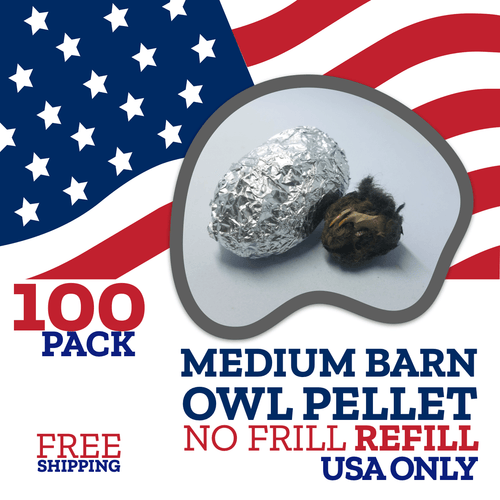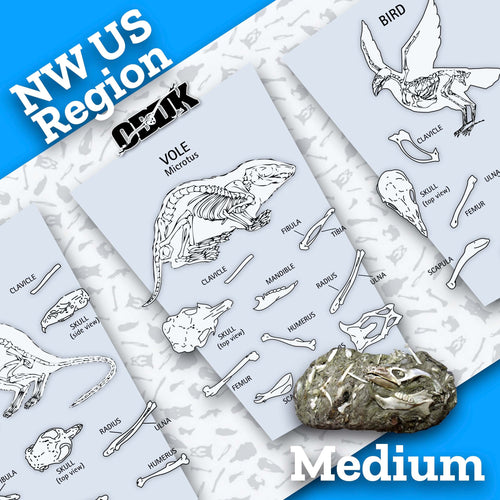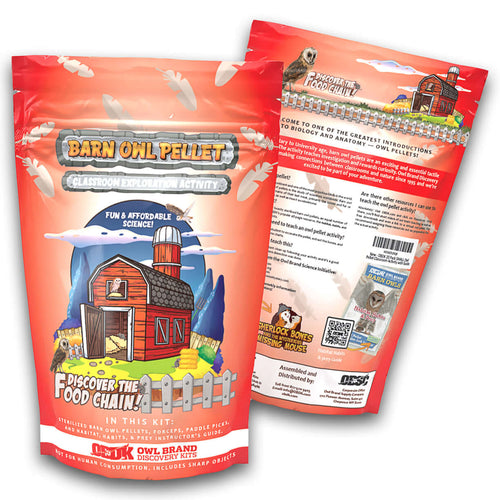No Products in the Cart
Dispersal Helps Improve Genetic Diversity
 |
|
|||
|
|
|||||||||||||||
|
Explore the tools behind the science

100 Medium Owl Pellets - Free Shipping
$349.99
$289.99

Medium NW Barn Owl Pellets + Picks
$3.69
$2.99







